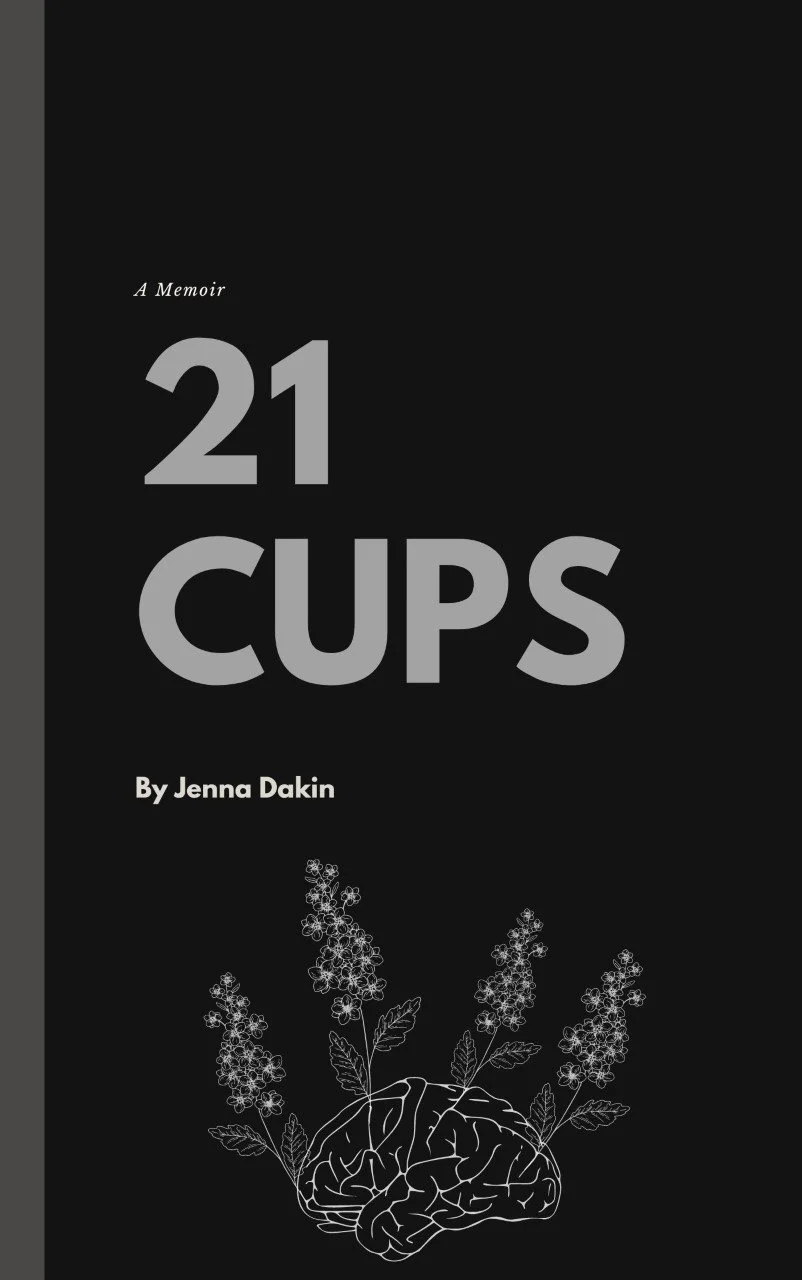Local 22-Year-Old Student Writes Memoir On Her Stroke and Recovery
/After a stroke-like episode left Trent University student Jenna Dakin with no memory, she picked up the pieces of the last two decades through recovery and writing.
22-year-old masters student Jenna dakin. photo courtesy of jenna dakin.
In December 2021, Dakin suffered a neurological episode that most resembled a stroke. She became unresponsive and paralyzed on her left side.
“I had a lot of cognitive deficits from it, but one of the main things that I acquired was severe retrograde amnesia, so all my memories prior to my stroke are gone.”
Dakin says that writing her memoir, 21 Cups, has helped her to navigate her amnesia and stroke recovery process.
“It basically was like re-starting the world at 21,” she continued. “I started writing as kind of a therapy tool and then next thing I knew I had half a book written. It was so therapeutic, and then I had this beautiful thing in front of me.”
photo courtesy of jenna dakin.











